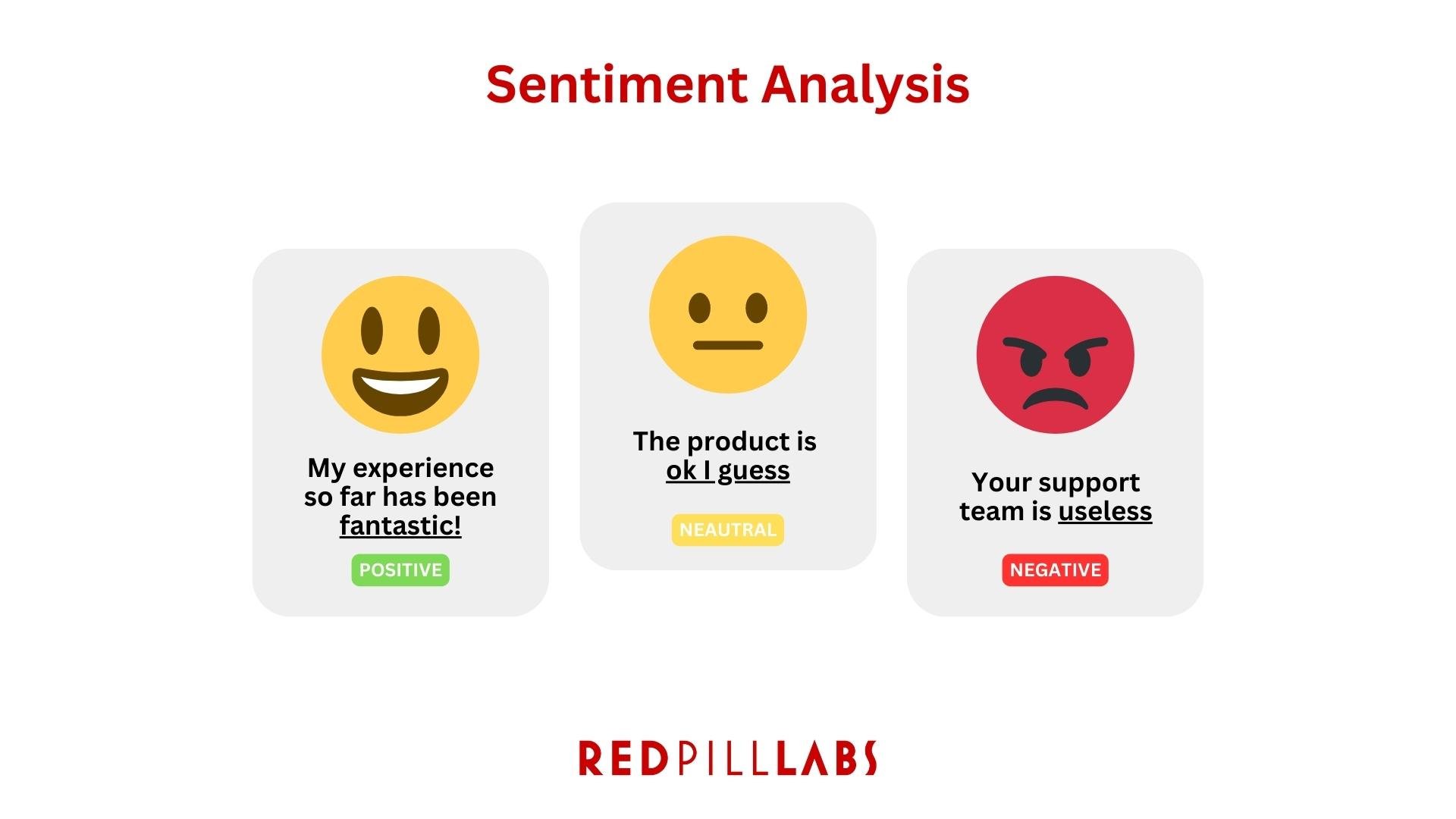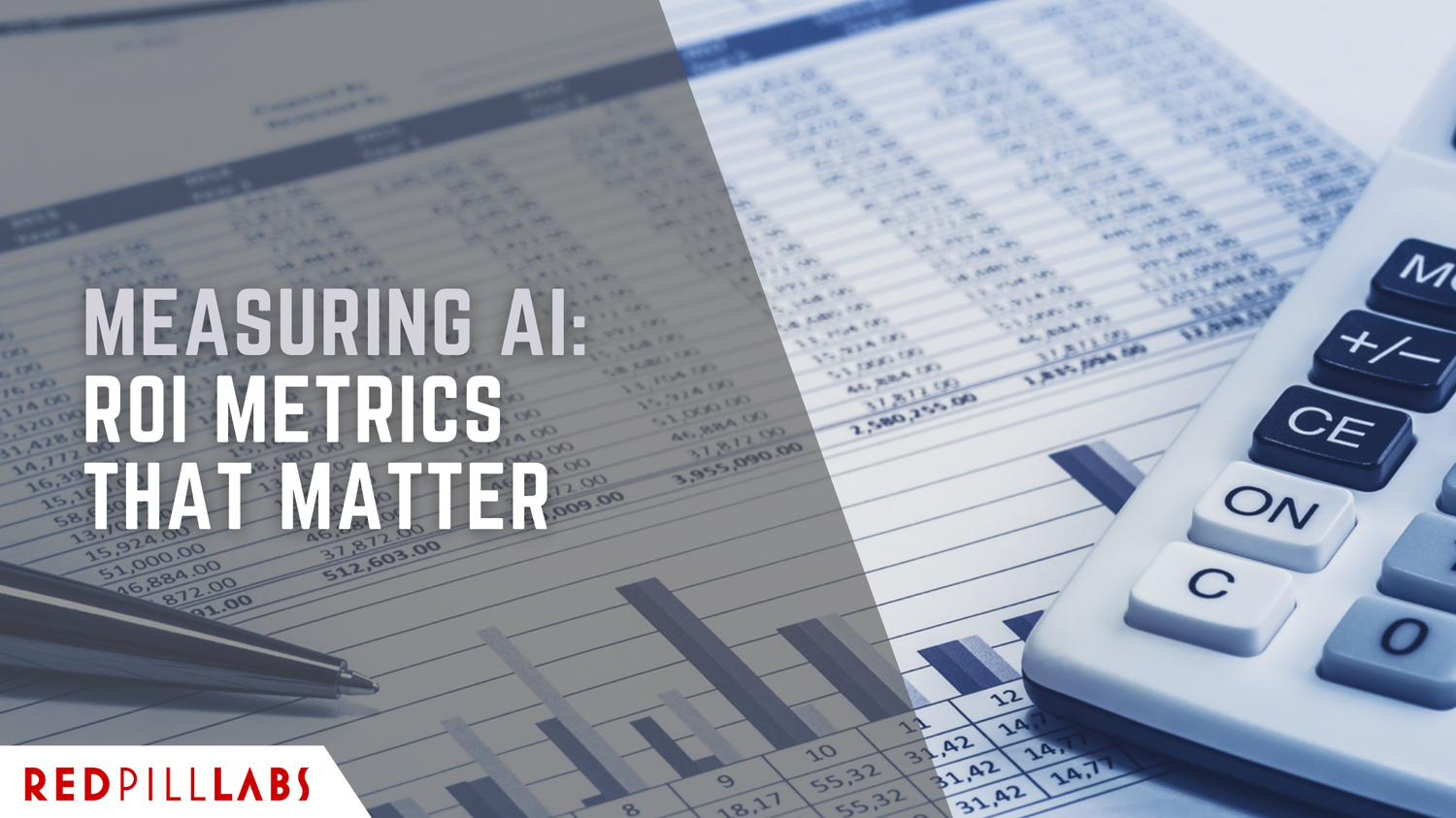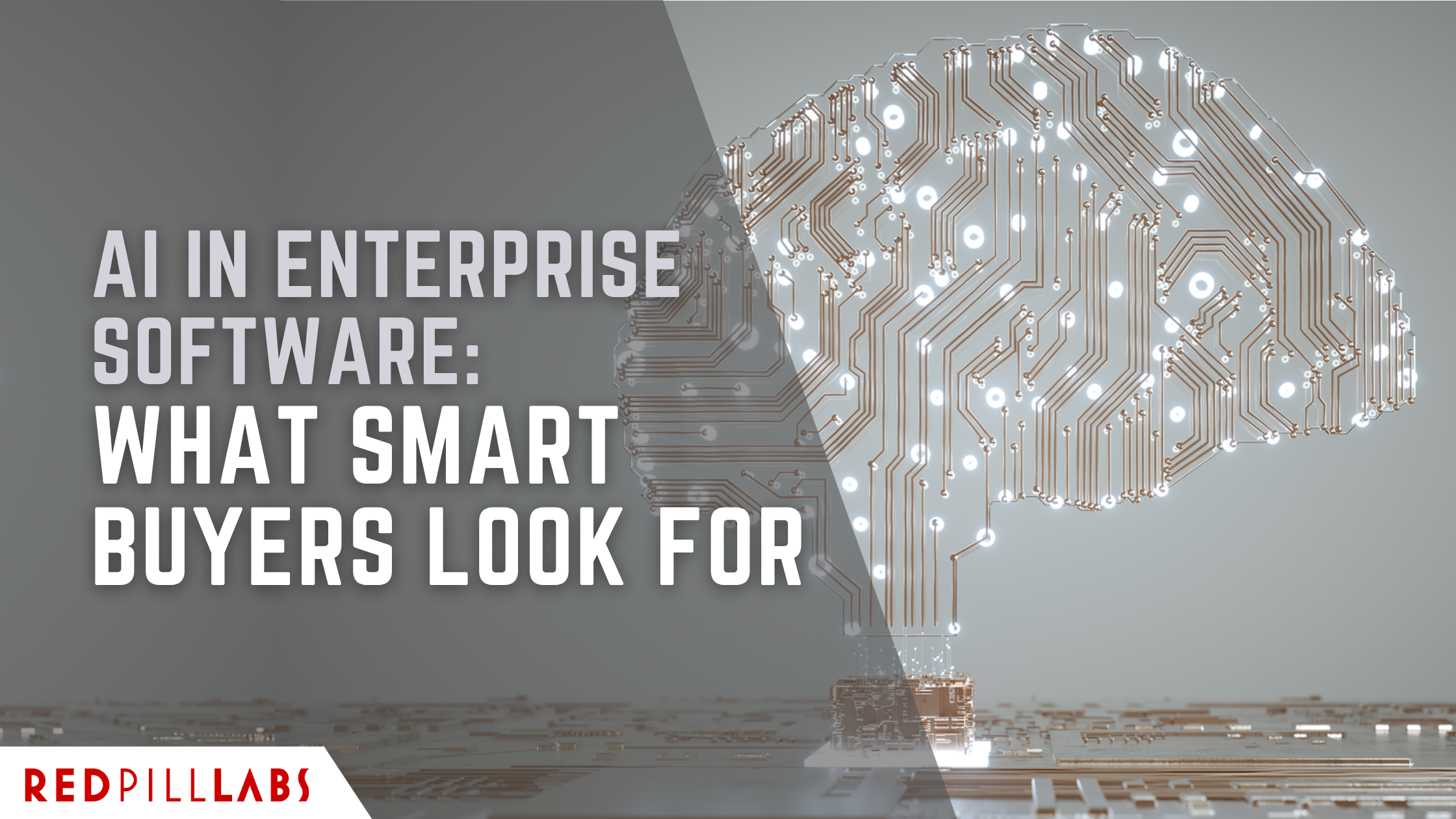Improve Data Analytics Using AI
Understanding the AI Advantage
AI stands at the forefront of this opportunity. By integrating AI into data analytics, businesses can extract deeper insights, make informed decisions, and uncover valuable trends hidden within their data.
The following sections will go over some of the potential benefits of integrating AI within your Data Analytics strategy:
Customer Segmentation and Personalization:
AI-powered algorithms can analyze customer data to identify distinct segments based on demographics, behavior, and preferences. Through analyzing current business processes and identifying key initiatives for AI, you can produce a strategy and select the correct AI tools for your business, including AI tools that create precise customer profiles which allows for hyper-targeted marketing campaigns and personalized product recommendations.
E-commerce companies can use AI to analyze browsing history and purchase patterns to offer individualized product suggestions to each customer.
B2B businesses be interested in utilizing AI within your company in order to improve on marketing efforts or communication strategies to different client segments.
Sentiment Analysis:
AI-driven sentiment analysis tools can process customer reviews, social media mentions, and feedback to gauge public sentiment towards products, services, or the brand as a whole. AI sentiment analysis tools help you efficiently examine text in order to effortlessly understand how your customers feel about your brand, or a specific products/service.
These tool can help you understand customer opinions in real time, enabling prompt responses to negative feedback and capitalizing on positive sentiment.
You may have heard of emotional AI as well. One notable distinction between emotional AI and sentiment analysis is that sentiment analysis is centered around capturing the general sentiment conveyed by text data, whereas emotional AI is geared towards identifying and comprehending distinct emotions and expressions.
Predictive Analytics for Inventory Management:
AI algorithms can analyze historical sales data, market trends, and external factors to predict demand patterns accurately. You can then optimize inventory levels, reduce overstocking, and stockouts, which ultimately leads to cost savings and improved customer satisfaction.
AI's predictive analytics are vital for businesses as they foresee future trends based on past and current data. This helps companies make smarter decisions, plan resources better, and reduce risks. Predictive insights also enhance customer experiences, optimize marketing strategies, and foster innovation, giving businesses a competitive edge and improved financial management.
Fraud Detection and Prevention:
AI is highly effective in detecting fraudulent activities. AI-driven fraud detection systems continuously monitor transactions, looking for unusual patterns and behaviors that could indicate fraud. This is particularly crucial for e-commerce platforms, as well as for financial institutions and the medical industry, assisting with safeguarding customer data, financial assets, and other sensitive information.
Fraud detection works by using advanced algorithms to analyze data and identify unusual patterns that could indicate fraud. It monitors transactions in real-time and compares them to established user behavior to spot anomalies. By adapting and learning from new data, AI continually improves its ability to detect evolving fraud techniques.
Market and Competitor Analysis:
Image via: Business Development Bank of Canada
These tools can scan a vast amount of data from various sources to identify emerging trends, customer preferences, and competitive strategies. This information empowers businesses to make informed decisions and stay ahead of market shifts.
Real-Time Insights with AI Dashboards:
Your business can integrate AI-powered dashboard solutions that provide real-time insights into key performance metrics. These dashboards aggregate data from various sources, allowing managers and decision-makers to visualize trends and make timely adjustments to their strategies. For example, a retail business could use an AI dashboard to monitor sales performance across different locations and products.
Through the integration of AI-driven insights, you can elevate your understanding of your customers, make better informed decisions in real time, proactively plan strategies, and more. A focus on data analytics using AI not only enhances business performance but also positions SMEs at the forefront of the digital revolution. As businesses embrace this transformation, they pave the way for a more competitive and data-driven future.
By embracing AI within your data analytics, you will be able to transform raw data into actionable insights, driving better decision-making and strategic planning.













